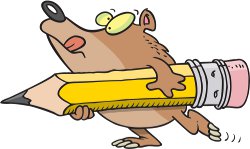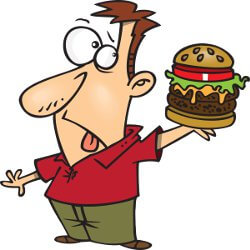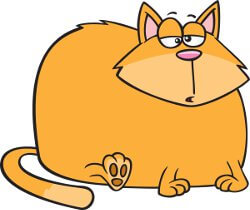Pre-determiners
Pre-determiners are words placed before English determiners in a sentence. They modify the determiner.
Click Here for Step-by-Step Rules, Stories and Exercises to Practice All English Tenses
Pre-determiners come before an article or other determiner and are used to give even more information about the noun that comes after.
To understand pre-determiners, you must first understand English determiners.
English determiners are words used to identify nouns. They tell us how much, how many, whose, and which one.
Examples:
- Have you seen my
dog?
- Can I borrow that
dress?

- I want to ride the
horse.
- Please hand
me the other
pencil.
- She won the first
race.
- Colorado's
mountains are beautiful!
- I do not have enough
paper.
- She is their third daughter.
Pre-determiners come before determiners. Pre-determiners most commonly come before definite and indefinite articles a, an, or the.
Pre-determiners can be classified into four types as shown in the chart below.
| Classification | Examples |
| multipliers | twice five times ten times |
| fractions | half one-third one-eighth |
| intensifiers | rather such quite what |
| other | all both |
Multipliers
Multipliers include words and phrases such as:twice, three times, five times, ten times
This type of pre-determiner is used to express more than the specified amount.
Examples:
- She makes twice
my annual salary.

- His hamburger
is twice the size of mine.
- I check my messages three times
every day.
- Mom calls me approximately five times
a week.
- Our group raised ten times the amount needed for the trip.
Fractions
Fractions include words such as:one-third, half, three-fourths
This type of pre-determiner is used to express a fraction of an amount.
Examples:
- Her bus will arrive in half
an hour.
- I ate one-third
Sandy's cookies.
- She uses three-fourths her monthly salary for rent and bills.
Intensifiers
Intensifiers include pre-determiners such as:such, what, rather, quite
This type of pre-determiner expresses surprise, disappointment, pleasure, or other emotions.
Examples:
- This turned out to be such
a beautiful day! (I am very pleased by the
day.)
- You are such
a disappointment. (I am disappointed and surprised by what
you did.)
- It was quite
a nice surprise! (I was very surprised and happy.)
- We had quite
an experience when we were on vacation. (The experience
was surprising and exciting.)
- Your mother is rather
a nice woman. (I am pleased by your mother.)
- It is rather
a small ring. (I am slightly disappointed by the size
 of
the ring.
of
the ring.
- What
an interesting idea! (I am surprised by your idea.)
- What a large cat! (I am surprised by the size of the cat.)
Other pre-determiners
There are a few pre-determiners that do not fall into the above categories. They include words such as:all and both
These two pre-determiners are used to express an entire amount.
Examples:
- Both
of John's bike tires are flat.
- He broke both
his arms in the accident.
- All
her friends came to her graduation.
- Did you read all those books?

These were the uses of Pre-determiners. Now that you know them, it is time to practice! Get our ESL Books.
Get Updates, Special Offers, and English Resources
Download your FREE GIFT (the first two chapters of
English Short Stories Book and Workbook)
as soon as you join!

By submitting your email, you consent to receiving updates and newsletters from us and to the sharing of your personal data with third parties for the purposes of sending you communications. We will not spam you. You can unsubscribe at any time. For more information, please see our privacy policy.





